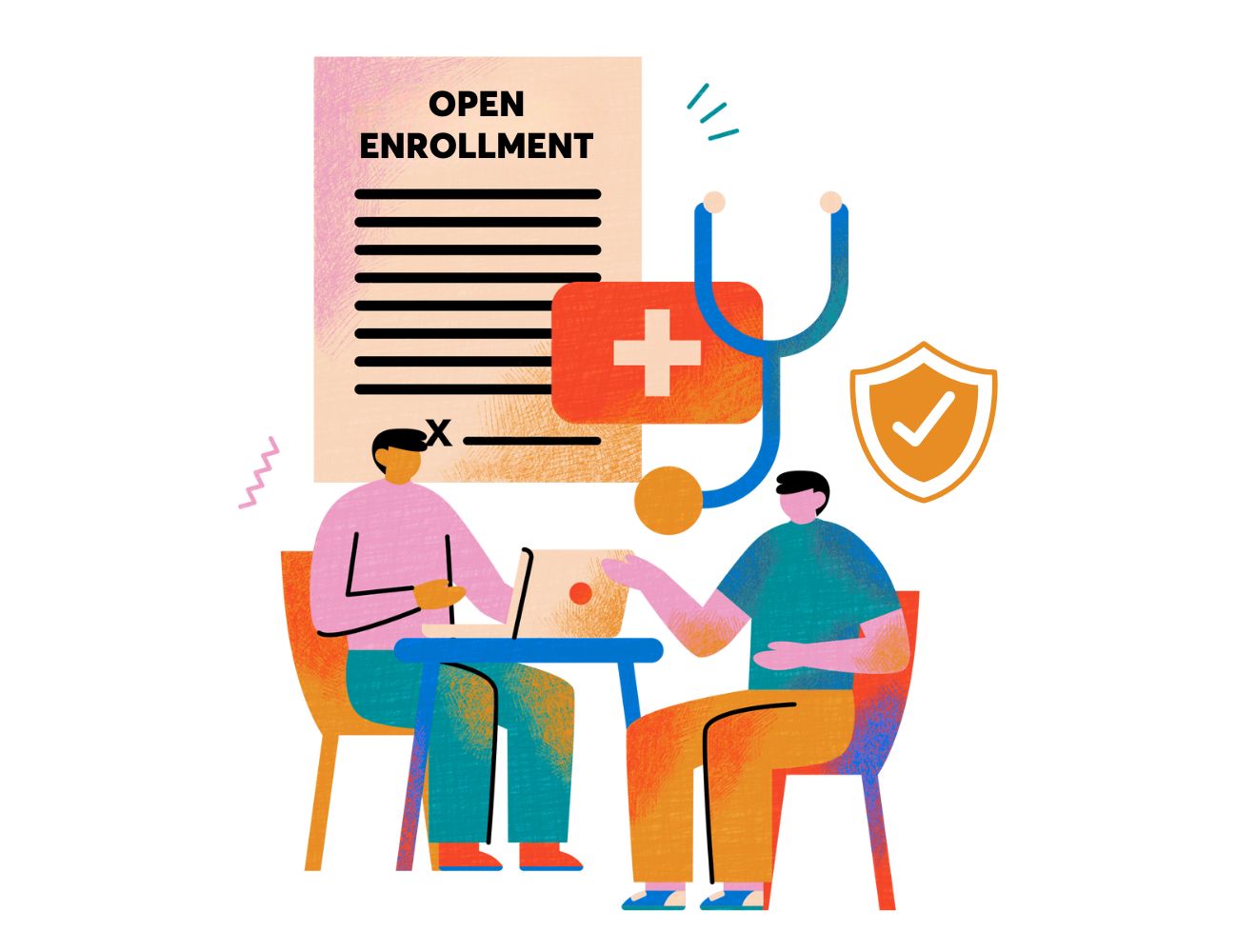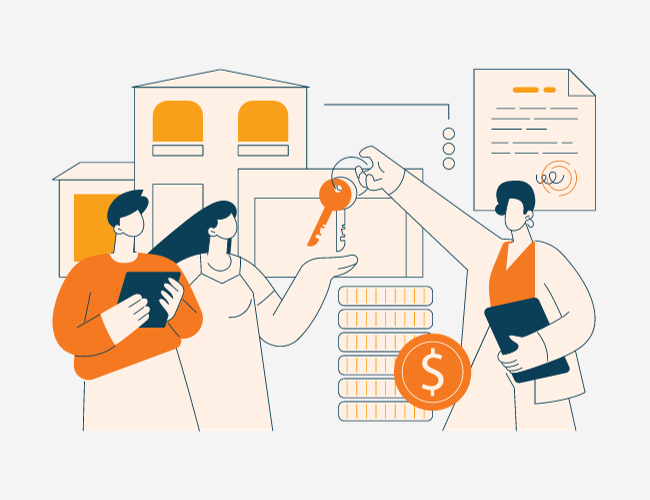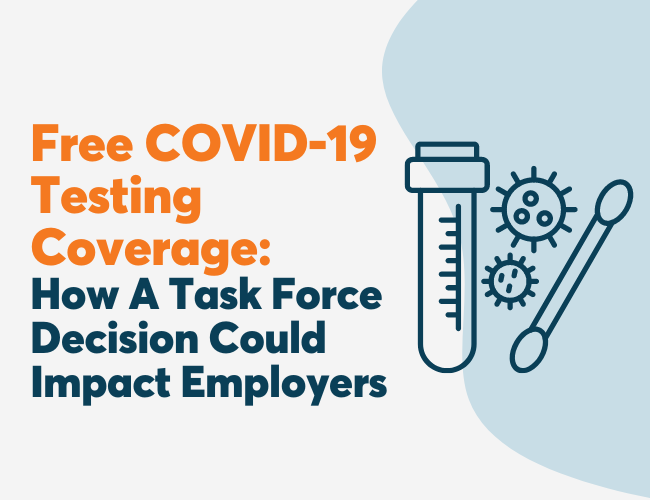For many employers right now, it isn’t just health fears or financial concerns alone that are driving their work policies during the COVID-19 pandemic. Some worry about legal risks, should a worker become sick or a spread of the illness begins in their workspace—and it appears such concerns are not totally unreasonable.
In early June 2020, Amazon was sued in a coronavirus-related dispute. Filed in New York by three employees of a fulfillment center on Staten Island, the lawsuit alleges the retail giant fostered the spread of the virus by mandating unsafe working conditions and prioritizing productivity over precautions. One employee in particular claims she contracted COVID-19 in March and, subsequently, several of her family members became ill as well. Then, in April, the employee’s cousin died of the virus.
The Staten Island fulfillment center employs over 5,000 employees and is described as a “place of danger” in the complaint, where workers must perform at “dizzying speeds, even if doing so prevents them from social distancing, washing their hands, and sanitizing their work spaces.”
While the company hasn’t offered a specific comment on the lawsuit, Amazon has reported following safety experts and public health guidance since the pandemic began. In the first half of the year, Amazon has spent over $800 million on COVID-19-related safety measures, including temperature checks, face masks, and sanitation. With nearly 800,000 full- and part-time workers, the company currently reports only about 800 workers in distribution centers that have tested positive. However, some employees and union officials have been critical of Amazon’s treatment of employees during this time. The lawsuit seeks an injunction on Amazon to comply with worker safety and public nuisance laws and cease any punishment for employees who become symptomatic or need to quarantine.
Employers Need To Weigh Legal Risks
Like many issues that have arisen during the COVID-19 pandemic, it is hard to discern how these concerns will ultimately unfold. There are not many legal precedents from which to draw on for employers in this situation.
If Amazon is successful in court, they will still incur legal fees, which they may not be able to recoup. Additionally, the bad publicity will likely damage the company’s reputation to some degree, having a further impact on company profits. Of course, as a large online retailer, the company has benefited this year from the closure of physical retail businesses. It is highly unlikely this issue will have any truly devastating consequences for the online retail giant, given its size and profits.
Other companies, however, might not be so fortunate with any similar legal issues. It may be more challenging for businesses that are much smaller and have already suffered financial losses due to the pandemic to be further burdened by the costs, legal and reputational, that may come with a lawsuit.
Keeping Employee Wellness In Mind
Employers that have begun reopening workplaces (as well as those that have continued to stay open throughout the pandemic) should be mindful of how they are supporting employee wellness in order to minimize the potential for legal trouble. Certainly, the obvious thing to do is to follow local government recommendations and mandates for safety and sanitation. However, even this may not be enough if employees or clients are not complying with guidelines and social distancing.
Companies should clearly communicate the updated safety measures as well as expectations for employees; disputes and resentment are less likely to occur when everyone is on the same page. If possible, employers may also want to go a step beyond some of the government recommendations, such as limiting building capacity more strictly. Consider expanding wellness resources that can uniquely support workers during this time, such as increased health content, virtual and telemedicine resources, and more time off. Additionally, it will be important to understand and listen to employee concerns when it comes to returning to in-person operations. This will not only inform businesses’ reopening plans but keeping communication lines open will help workers feel supported.












